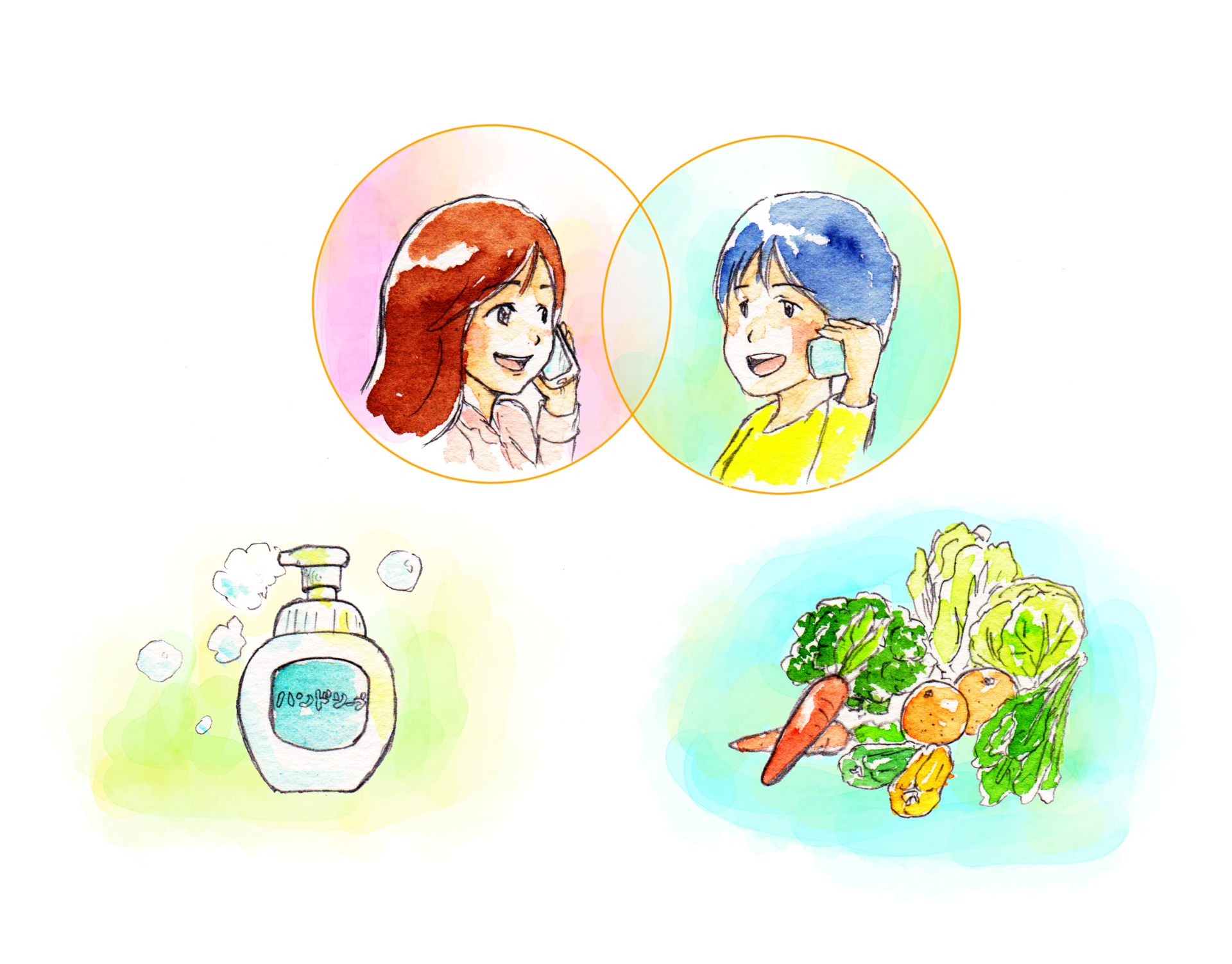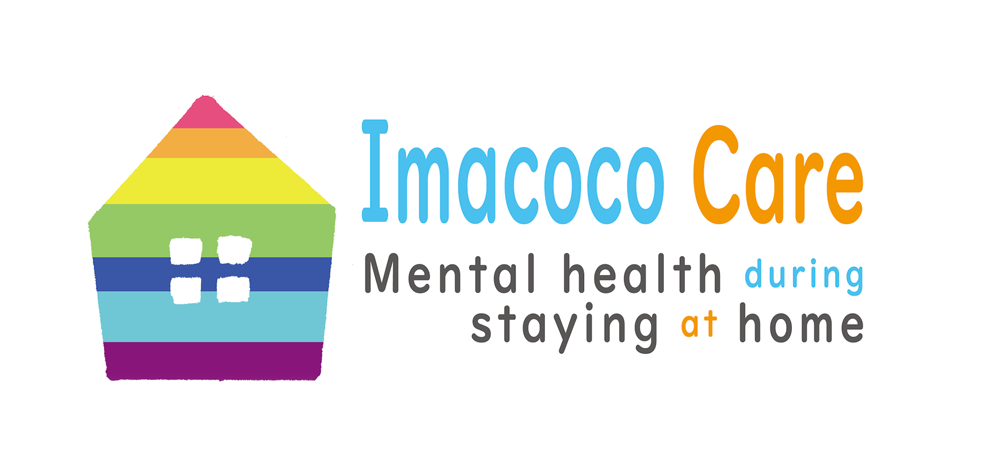Here, we offer information on how to deal with stress related to COVID-19.
1. Actions to prevent infection
First of all, it is important to do the basic things you can do to prevent COVID-19 infection/spread. Preventive measures include washing your hands frequently, avoiding touching your eyes, mouth, and nose with your hands, and avoiding crowds. When you practice these hygiene behaviors thoroughly, you can protect not only yourself, but also others around you.
2. Maintaining connections with others
Since the emergency declaration, many of you may have refrained from going out, and thus, had fewer opportunities to meet with people as you normally would. Some of you may be feeling lonely, stressed, or anxious in this situation. Under these circumstances, talking to someone you trust and are comfortable with can make you feel better. Even if it is difficult to talk in person, it is important to share your true feelings with your family and friends by using the phone, online calls, and social networking sites. Being connected with someone you feel safe with leads to mental stability.

3. Maintenance of a healthy lifestyle
Some of you may have changed the rhythm of your life because you now study or work from home. Try to maintain healthy lifestyle habits. In particular, maintaining habits such as healthy eating, adequate sleep, and moderate exercise as much as possible is important for maintaining mental health and strengthening the immune system. When it comes to exercise, you may not be able to do what you’ve always done. On this page, we’ll show you how to do some physical activities at home. Also, how to check your physical (fatigue, sleep, headaches, etc.) and psychological (anxiety, worry, irritability, etc.) health problems on a regular basis. If necessary, consider using psychological counseling over the phone or the internet, or using a consulting service. For example, the Ministry of Health, Labor and Welfare’s consultation service is available.
Ministry of Health, Labor and Welfare website “To all the people (Coronavirus Disease 2019)
Social Inclusion Support Center “Yorisoi Hotline”
Ministry of Health, Labor and Welfare “kokoronomimi” Mental Health Portal Site for Workers”
4. Management of stress and use of psychological strategies
Due to the COVID-19 pandemic, some of you may feel anxious, tense, and stressed about a trivial thing in your daily life. At times like this, it’s important to know how to respond to factors that cause psychological distress (e.g., not being able to do act freely, watching news reports about COVID-19, etc.). Think about what you are anxious or worried about, what you can do about it, and try things that you can do realistically. You can practice these actions on the Mindfulness and Behavioral Activation pages in the “Imacoco Care” section.
5. Limitation of media exposure
The world is overflowing with various information about COVID-19. In particular, some of the information could fuel the anxiety of viewers and readers. When there are many opportunities to see and hear such information, people may become more anxious and worried than necessary. To protect your own mental health, it is helpful to minimize your exposure to information that makes you feel uneasy, by limiting the time you watch the news about COVID-19 to one or two times a day and then not watching the news any longer. Also choose to only listen to information from reliable sources so that you do not become anxious over inaccurate information.
6. Prevention of discrimination and prejudice
Increased fear and anxiety about COVID-19 can lead to feelings of blame and discrimination against people who have contracted COVID-19. This kind of blame and discrimination is one of the reactions that can come out to protect yourself from anxiety, but when this kind of discrimination and prejudice spreads in the world, people may hide it when they are not feeling well, and hurt each other, which makes it difficult to connect with each other. The situation could result in not knowing who is infected, prevent cooperation, and create a world in which we cannot feel safe.
In order to prevent the spread of such discrimination and prejudice, it is important that we all share the common understanding that contracting COVID-19 is not, in itself, something that should be subject to discrimination and prejudice, and that we do not associate individual characteristics (e.g., race or nationality) with COVID-19.
If each and every one of us tries to avoid discrimination and prejudice, we can protect ourselves, people you care about, and society as a whole.
<Reference>
The content of this article is based on the information provided below.
WHO Kobe Center. New Coronavirus Infections (COVID-19) special page for the public.
https://extranet.who.int/kobe_centre/ja/news/COVID19_specialpage.
Japanese Red Cross Society. Get to know the three faces of the new coronavirus! ~To break the negative spiral~.
http://www.jrc.or.jp/activity/saigai/news/200326_006124.html.
The Japanese Psychological Association. If you are asked to “keep your distance”: for your own safety.
https://psych.or.jp/special/covid19/Keeping_Your_Distance_to_Stay_Safe_jp/.
The Japanese Psychological Association. Confronting prejudice and discrimination related to the new coronavirus (COVID-19).
https://psych.or.jp/special/covid19/combating_bias_and_stigma/.
COVID19 Medical Translation Team (COVID19-JPN.COM). WHO_COVID-19 Mental health precautions during outbreaks.
https://covid19-jpn.com/mentalhealth-who/.



